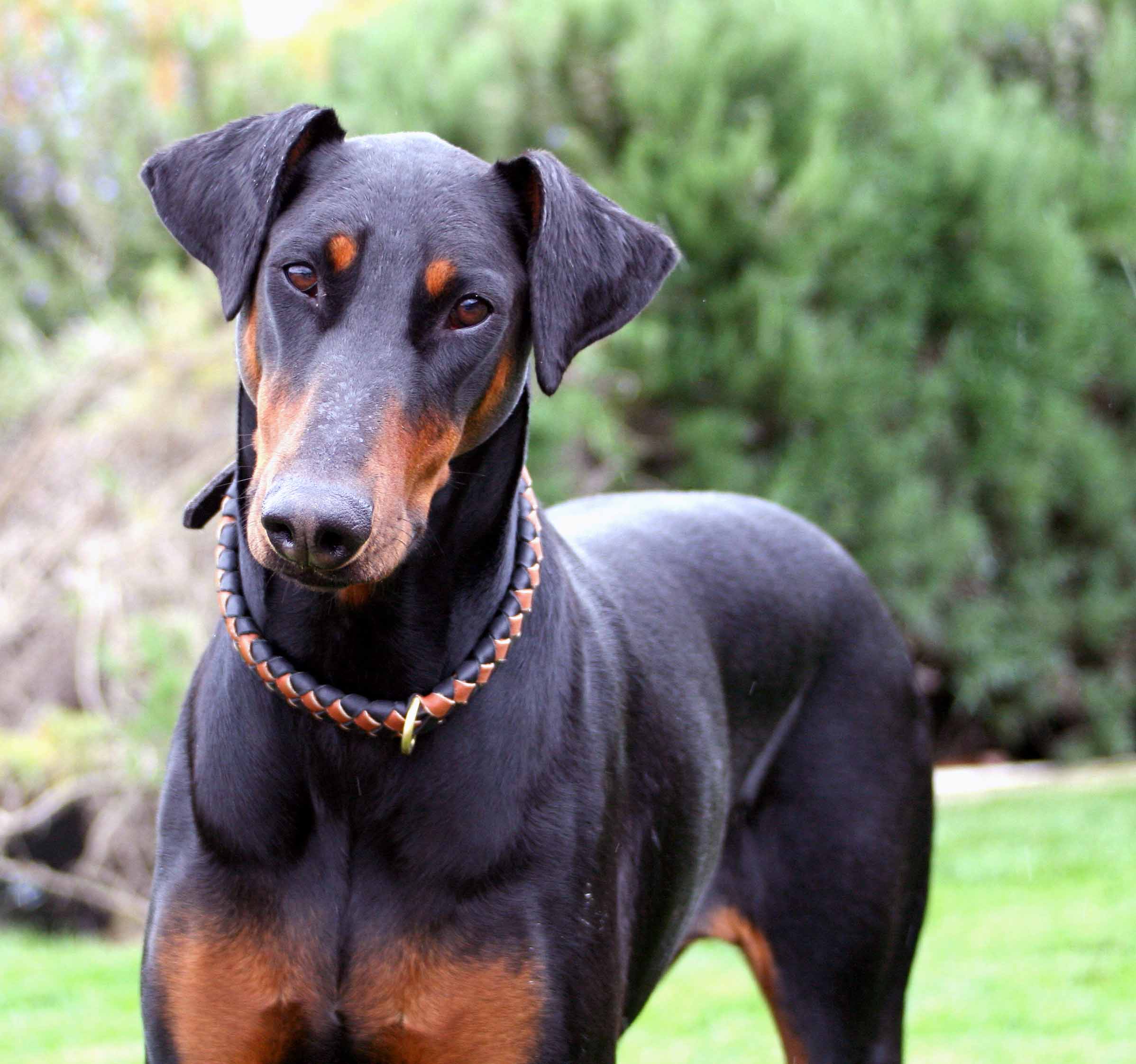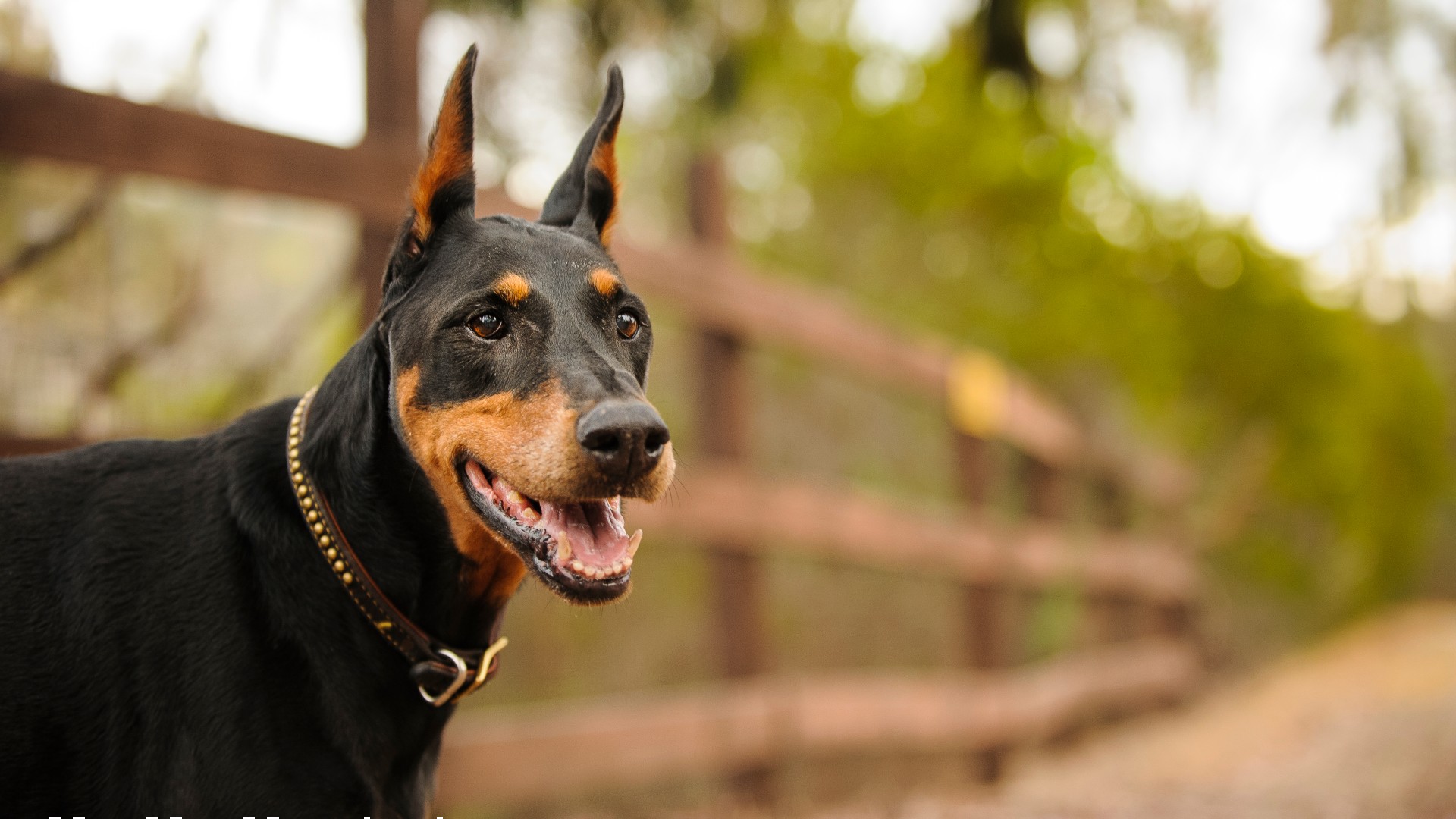Why Doberman Pinschers Are Ideal for Experienced Dog Owners
Introduction
Doberman Pinschers, with their striking appearance and innate loyalty, have captured the hearts of dog enthusiasts worldwide. However, these intelligent and protective canines are not suitable for every household. Their unique temperament, demanding physical and mental needs, and potential for aggression necessitate careful consideration before bringing one into your life. This essay will critically examine the complexities of Doberman Pinscher ownership, arguing that while they offer exceptional companionship, they are best suited for experienced dog owners who can meet their specific requirements.
Unique Temperament and Training Needs
Doberman Pinschers possess a complex and multifaceted temperament. They are highly intelligent, affectionate with their family, and intensely loyal. However, they also have a strong protective instinct and can be wary of strangers. Without proper socialization and training, their territorial nature can escalate into aggression. Experienced dog owners understand the importance of early socialization, consistent positive reinforcement training, and establishing clear boundaries.
Physical and Mental Demands
Doberman Pinschers are active and energetic dogs that require significant physical and mental stimulation. They excel in obedience, agility, and schutzhund, a sport that tests their working abilities. Owners must provide daily exercise, playtime, and mentally enriching activities to prevent boredom and destructive behaviors. Failure to meet their exercise and mental stimulation needs can lead to frustration, anxiety, and health issues.
Potential for Aggression
While Doberman Pinschers are not inherently aggressive, they have a higher potential for aggressive behavior compared to other breeds. This is largely due to their protective instincts and territoriality. Owners must be vigilant in managing situations where their Doberman may feel threatened or perceives danger. Responsible ownership includes understanding the potential for aggression, mitigating risks through training, and seeking professional help if needed.
Health Considerations
Doberman Pinschers are generally healthy dogs, but they are susceptible to certain health issues, including hip dysplasia, cardiomyopathy, and von Willebrand's disease. Experienced dog owners are aware of these potential health concerns and are prepared to provide regular veterinary care, proper nutrition, and preventive measures. They are also more likely to recognize signs of illness or discomfort and seek timely medical attention.
Breed-Specific Training and Handling
Training and handling a Doberman Pinscher differ significantly from working with other breeds. Their independent nature and strong-willed temperament require experienced owners who can provide firm but fair leadership. Training methods should emphasize positive reinforcement and focus on developing a strong bond between owner and dog. Experienced dog owners understand the importance of consistent training, patience, and consistency.
Critical Analysis of Opposing Views
Some argue that Doberman Pinschers can be suitable for first-time dog owners with proper research and training. While it is true that responsible ownership can mitigate potential risks, experienced dog owners have a deeper understanding of canine behavior, training techniques, and potential health concerns. They are better equipped to handle unforeseen situations and prevent problems from escalating.
Additionally, proponents of Doberman Pinscher ownership for first-time owners often overlook the breed's high energy levels and demanding exercise requirements. Without adequate physical and mental stimulation, these dogs can become destructive and difficult to manage. Experienced dog owners are more likely to have the time and resources to meet their Doberman's needs consistently.
Scholarly Research and Evidence
Research supports the contention that experienced dog owners are better suited for Doberman Pinschers. A study published in the "Journal of the American Veterinary Medical Association" found that Doberman Pinschers with experienced owners had significantly lower levels of aggression and anxiety compared to those owned by inexperienced owners.
Another study, published in "Applied Animal Behaviour Science," demonstrated that Doberman Pinschers trained by experienced trainers displayed superior obedience and impulse control abilities. These findings highlight the importance of experienced ownership in shaping a Doberman's behavior and well-being.
Conclusion
Doberman Pinschers are remarkable dogs with exceptional qualities. However, their unique temperament, demanding physical and mental needs, and potential for aggression make them unsuitable for first-time dog owners. Experienced dog owners who understand their specific requirements and can provide consistent training, exercise, and attention are best equipped to provide Doberman Pinschers with the loving and fulfilling life they deserve.
The complexities of Doberman Pinscher ownership have broader implications for responsible dog ownership. Prospective dog owners should carefully consider their lifestyle, experience level, and ability to meet the needs of a specific breed before making a commitment. By choosing dogs that match their capabilities and providing appropriate care, we can promote responsible pet ownership and enhance the well-being of our beloved companions.
Why Doberman Pinschers Are Excellent Watchdogs
Beagles And Their Fascinating Life Expectancy
Understanding The French Bulldog’s Unique Facial Features



